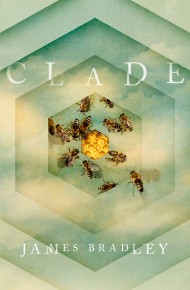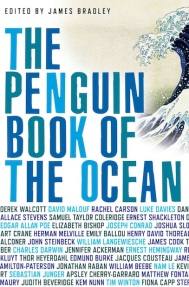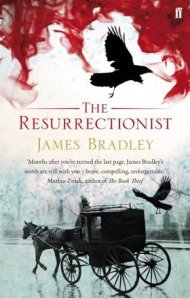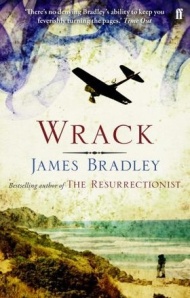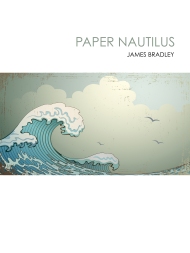Best Books 2020

When I sat down to select my favourite books of 2019, the east coast of Australia was ablaze, and Sydney, Canberra and Melbourne had been swathed in smoke for weeks on end. Twelve months later Sydney’s Northern Beaches are in lockdown, restrictions are being reimposed across the rest of the city, and the other states have closed their borders to New South Wales again.
Perhaps unsurprisingly therefore, a number of the best books I’ve read over the past year engaged with this sense of accelerating and multiplying catastrophe. Some of them do it by tracing the crosscurrents of dissonance and denial that inflect our culture in the way Jenny Offill’s Weather or Madeleine Watts’ The Inland Sea do. Others, like Anne Charnock’s terrific Bridge 108, explore the effects of displacement and social breakdown. And some explore the processes of resistance, violence and dispossession that underpin the larger crisis as Natalie Diaz’s Postcolonial Love Poem does.
But the most significant was undoubtedly Kim Stanley Robinson’s The Ministry for the Future. The final book in the dazzling cycle of novels that began with 2312, and it simultaneously draws together and transcends many of the questions that are explored in those previous books, illustrating not just the scale of the crisis we inhabit, but mapping out a path toward a sustainable post-capitalist future. Like all Robinson’s novels it’s exhilaratingly dense with information and ideas, but it’s also deeply affecting. That’s partly because so much of what it depicts is so horrifying, but it’s also because while it insists on the imperative of hope, it doesn’t shy away from rage and despair. It’s an extraordinary achievement, and a book I wish everybody would read (I also highly recommend Ezra Klein’s interview with Robinson, which is one of the most consistently intelligent 90 minutes of media I consumed over the past twelve months).

One of the other highlights of my reading year was The Mirror and the Light, the final instalment in Hilary Mantel’s Cromwell Trilogy. The consensus seems to be that the final quarter is the best bit, but I have to say I thought the depiction of the aftermath of Anne’s execution in the first 100 or 150 pages was simply astonishing, and captures the mute trauma and terror of a community that is suddenly inescapably aware that none of them are safe with great power. But part of what I found so compelling about those sections was the way they also expose the uncanny terror of state power. Mantel has explored the connections between violence and terror and death and undeath before, perhaps most notably in Beyond Black, but in The Mirror and the Light they take on a whole new set of resonances. And those opening sections are only one element of a genuinely remarkable creation.
Despite a lot of will-she won’t-she angst in the British media about the prospects of Mantel pulling off a Booker hat trick, The Mirror and the Light didn’t make the shortlist for this year’s prize, which instead went to Douglas Stuart’s terrific Shuggie Bain. As I said in my roundup of the Booker shortlist in The Weekend Australian, Stuart’s novel is notable not just for its refusal to sentimentalise Shuggie’s mother’s alcoholism, but for the astuteness of its portrait of the effects of addiction on children and, perhaps most remarkably of all, its immense capacity for forgiveness. I found it an enormously affecting and quietly devastating novel, and it’s been wonderful to see it finding such a wide readership.

Other novels I loved included the final instalment in Ali Smith’s remarkable Seasons Quartet, Summer, Andrew O’Hagan’s wonderful Mayflies (a book that felt micro-targeted at me and my interests), Anne Enright’s Actress, Deb Olin Unferth’s wonderfully off-kilter novel about chickens and activism, Barn 8, Emily St John Mandel’s brilliantly structured The Glass Hotel, Daisy Johnson’s splendidly unsettling Sisters, Lily King’s lovely, warm, wise Writers and Lovers, Vigdis Hjorth’s merciless Will and Testament (make the time), Maggie O’Farrell’s Hamnet, and Sigrid Nunez’s follow-up to The Friend, What Are You Going Through. The two story collections I most enjoyed were Emma Cline’s Daddy and Ashleigh Bryant Phillips’ fabulously compressed Sleepovers (seek it out: I promise it will be worth it).
At the more speculative end of the spectrum, I was blown away by M. John Harrison’s compellingly strange The Sunken Land Begins To Rise Again, a book that elides boundaries of all kinds, so reading it makes the world around you feel uncertain in all sorts of ways. It’s also a novel that invites all kinds of readings, but the one I kept coming back to was the way its emphasis on the watery, floods and transformation echoes Amitav Ghosh’s description of the “insistent, inescapable continuities of the Anthropocene”. I also loved Garth Nix’s delightfully playful and effortlessly entertaining The Left-handed Booksellers of London, a book that might well be my favourite of Nix’s novels, Paul McAuley’s emotionally expansive and affecting reworking of the Samurai and Western in the far future, War of the Maps, and William Gibson’s terrific follow-up to The Peripheral, Agency, a book that plays with our assumptions about the future and contingency with sly wit and deadly seriousness. Wit is also available in abundance in Natalie Zina Walschots’ hugely entertaining reworking of the superhero genre and the modern workplace, Hench, and Lev Grossman’s delightful excursion into children’s fantasy, The Silver Arrow, whereas Susanna Clarke’s Piranesi is a strange conjuring trick that draws upon many of the tropes and preoccupations of classic fantasy while also taking them somewhere that feels startlingly new. And I hugely enjoyed both Stephen Graham Jones’ The Only Good Indians and Cherie Dimaline’s Empire of Wild.

Although there are a host of things I still haven’t got to (Robbie Arnott’s The Rain Heron! Nardi Simpson’s Song of the Crocodile! Andrew Pippos’ Lucky’s! Elizabeth Tan’s Smart Ovens for Lonely People!) I read a lot of Australian fiction I hugely admired, perhaps most notably Laura Jean McKay’s gloriously weird and feral The Animals In That Country, Chris Flynn’s delightfully deadpan deep time comedy, Mammoth, Lauren Chater’s beautifully constructed and expansive reworking of the silences in Swift, Gulliver’s Wife, Kate Mildenhall’s gripping The Mother Fault, the next instalment in the historical sequence Jock Serong began in Preservation, The Burning Island, Kristen Krauth’s terrific Almost a Mirror and Luke Horton’s terrific debut, The Fogging (if you’re interested, you can hear me and Luke chatting on The Book Show).
Of the non-fiction I read, I loved Julia Baird’s elegant and wise Phosphorescence: On Awe, Wonder And Things That Sustain You When The World Goes Dark, a book I read at just the right moment, David Farrier’s marvellous and intellectually peripatetic investigation of deep time, Footprints: In Search of Future Fossils, Stephanie Convery’s heartfelt and unsparing dissection of violence in sport, After the Count: The Death of Davey Browne, Tegan Bennett Daylight’s elegant and moving The Details: On Love, Death and Reading, Danielle Clode’s study of the remarkable life of Jeanne Barret, In Search Of The Woman Who Sailed The World, Merlin Sheldrake’s Entangled Life: How Fungi Make Our Worlds, Change Our Minds and Shape Our Futures, Rebecca Giggs’ Fathoms: The World in the Whale, and David Attenborough’s A Life On Our Planet: My Witness Statement and a Vision for the Future, and Craig Brown’s often hilarious One Two Three Four: The Beatles in Time. I also very much admired two shorter books of essays: Zadie Smith’s Intimations and Rebecca Tamás’ Strangers.
And finally, two more books of poetry: Felicity Plunkett’s A Kinder Sea and Hannah Sullivan’s Three Poems, both of which offered reminders of the power of language to console and reveal, something I suspect we’re all going to need more of in the months to come.

 As promised the other day, I thought I’d do a quick roundup of some of the books I enjoyed most this year. Right at the top of my list are two books I loved quite immoderately, Richard Powers’
As promised the other day, I thought I’d do a quick roundup of some of the books I enjoyed most this year. Right at the top of my list are two books I loved quite immoderately, Richard Powers’ 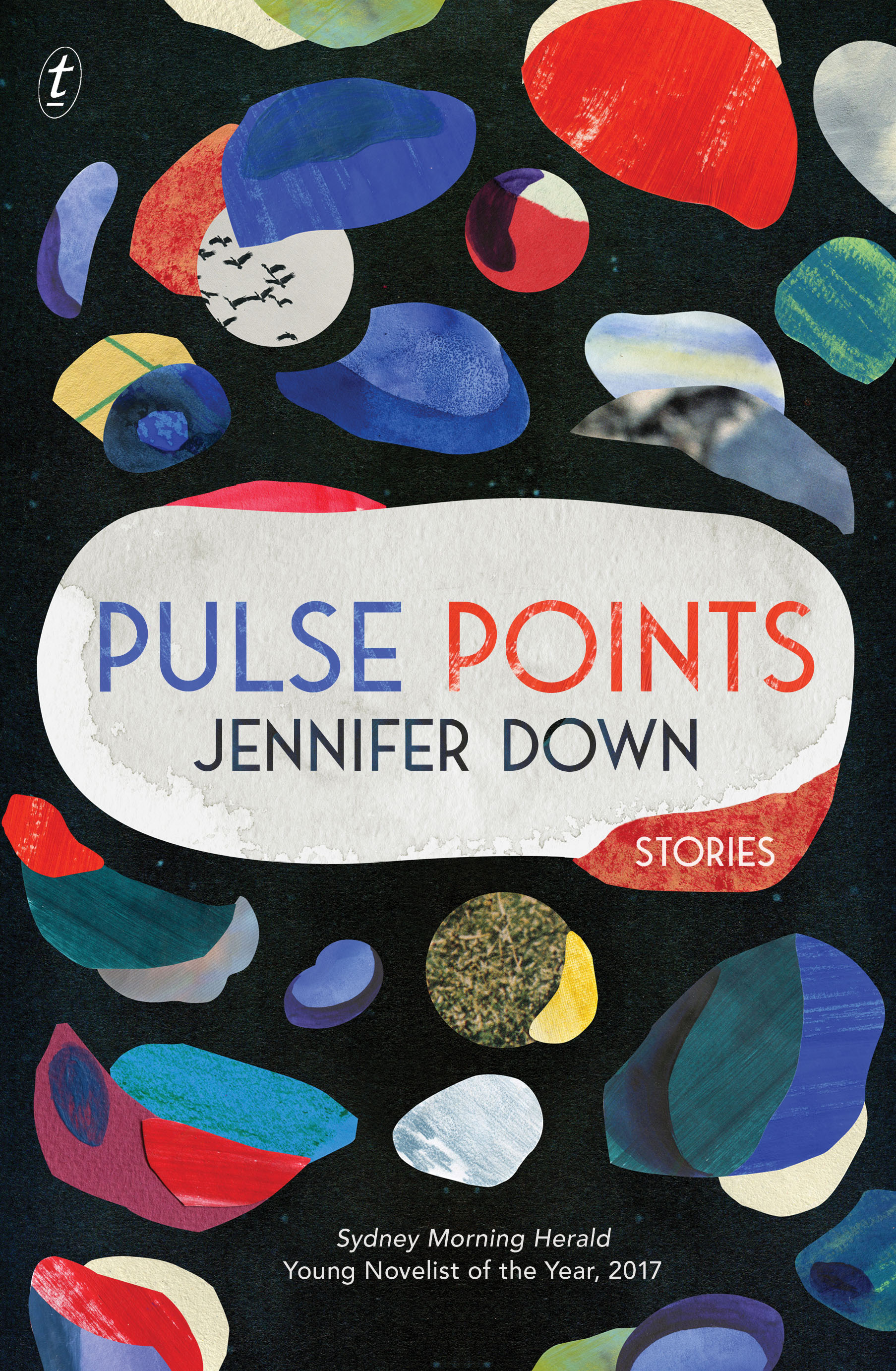 A number of the Australian books I read this year were from last year as well; I particularly admired Michelle de Kretser’s The Life to Come, Ryan O’Neill’s
A number of the Australian books I read this year were from last year as well; I particularly admired Michelle de Kretser’s The Life to Come, Ryan O’Neill’s 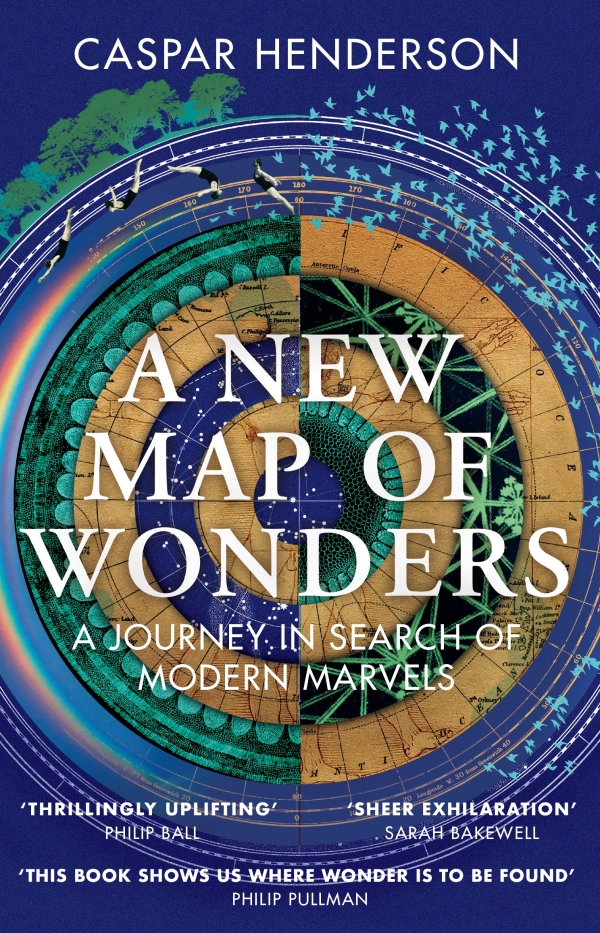 And finally, my non-fiction reading was a bit spotty, but a lot of what I did read was terrific, and of that, the absolute highlights were Caspar Henderson’s prismatic A New Map of Wonders, Joy McCann’s wonderfully rich and expansive history of the Southern Ocean,
And finally, my non-fiction reading was a bit spotty, but a lot of what I did read was terrific, and of that, the absolute highlights were Caspar Henderson’s prismatic A New Map of Wonders, Joy McCann’s wonderfully rich and expansive history of the Southern Ocean, 

